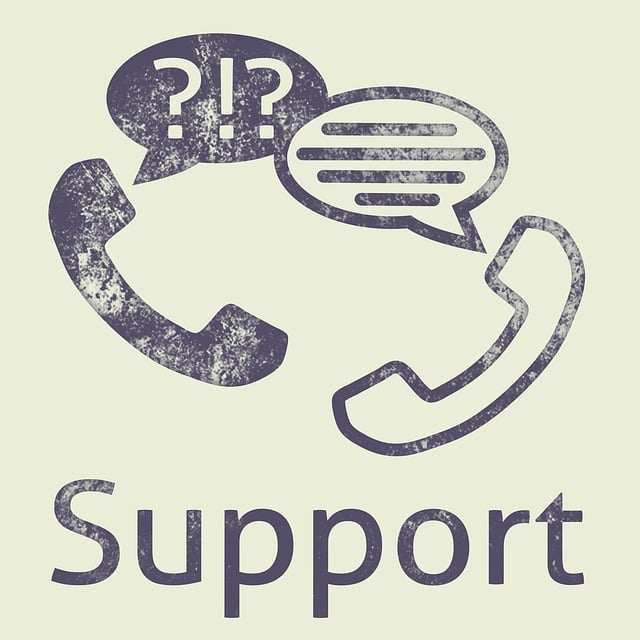Oregon offers robust legal support access for child support cases, with services tailored for low to moderate income families. The state facilitates fair outcomes through a formula-based system considering parental income, custody arrangements, and child expenses. Key resources include the Oregon Department of Human Services, legal clinics, community organizations, and programs like Oregon Law Help (OLH). Court representation, counseling, and accessible online platforms empower parents to navigate complex proceedings, ensuring their rights are upheld under Oregon's child support laws.
“Oregon’s child support laws can be complex, but understanding your rights is crucial. This comprehensive overview aims to demystify the process, focusing on legal support access for parents involved in child support cases. From eligibility criteria to available resources, we explore who can receive assistance and how to navigate Oregon’s legal system effectively. By highlighting the role of courts, legal aid organizations, and self-represented parents’ tools, this guide empowers individuals to make informed decisions regarding their child support matters.”
- Understanding Oregon's Child Support Laws: An Overview
- Who is Eligible for Legal Support in Child Support Cases?
- Types of Legal Assistance Available in Oregon
- Accessing Free and Low-Cost Legal Services
- The Role of Courts and Legal Aid Organizations in Child Support Matters
- Resources and Tools for Self-Represented Parents in Oregon
Understanding Oregon's Child Support Laws: An Overview

Oregon’s child support laws are designed to ensure that both parents contribute to their children’s financial needs after a separation or divorce. Understanding these laws is crucial for families seeking legal support access to navigate the process effectively. The state operates under a formula-based system, considering various factors such as income, custody arrangements, and the needs of the child. This method aims to provide a fair and consistent approach to determining child support obligations.
Key aspects include parental income, the time each parent spends with the child, and specific expenses related to the child’s well-being. Oregon’s Department of Human Services oversees these calculations and can offer resources for families to determine support amounts accurately. Accessing legal support is beneficial to ensure compliance with state regulations and advocate for the rights of both parents and children involved in child support matters.
Who is Eligible for Legal Support in Child Support Cases?

In Oregon, individuals involved in child support cases have the potential to access legal support, but eligibility criteria apply. Those who meet financial requirements and have a low to moderate income are generally eligible for assistance. This includes parents who are either paying or receiving child support, ensuring that their rights and obligations are understood and protected.
The state provides resources such as legal clinics and community organizations offering free or low-cost legal services tailored to child support matters. These services aim to assist individuals in navigating the complexities of the legal process, understanding their options, and advocating for their interests effectively. Accessing these legal support services can be a crucial step toward ensuring fair outcomes in child support cases.
Types of Legal Assistance Available in Oregon

In Oregon, individuals involved in child support cases have various options for accessing legal support. The state offers a range of services designed to assist parents, guardians, and custodians in navigating complex legal procedures. One prominent resource is the Oregon Law Help (OLH) program, which provides free civil legal aid to low-income Oregonians, including those dealing with child support matters. Through OLH, eligible individuals can connect with attorneys or trained legal assistants who offer guidance on rights, responsibilities, and potential options within the child support system.
Additionally, local Legal Aid Services organizations throughout Oregon deliver specialized assistance, ensuring equal access to justice for all families. These organizations often host educational workshops and webinars, covering topics such as modifying child support orders, establishing paternity, and understanding financial obligations. By leveraging these resources, parents can make informed decisions, protect their rights, and effectively communicate with legal professionals during child support proceedings.
Accessing Free and Low-Cost Legal Services

In Oregon, accessing free and low-cost legal services is available for individuals and families navigating child support matters. Legal aid organizations and non-profit groups offer a range of resources tailored to assist with child support cases, ensuring that all parties have equal access to justice. These services cater to those who cannot afford private legal representation, providing essential guidance and support throughout the process.
Oregon’s legal community recognizes the significance of facilitating fair outcomes in family law disputes, particularly when children are involved. As a result, various initiatives have been established to ensure that individuals from diverse economic backgrounds can access necessary legal support. This commitment to accessibility promotes a more equitable system, empowering parents to make informed decisions regarding their child support obligations and rights.
The Role of Courts and Legal Aid Organizations in Child Support Matters

In Oregon, courts play a pivotal role in child support matters, ensuring fairness and adherence to state laws. When parents cannot agree on financial obligations, the court steps in to determine an appropriate support amount based on factors like income, custody arrangements, and the best interests of the child. Legal aid organizations are integral to this process, providing access to legal support for low-income families. These organizations offer a range of services, from counseling and representation in court to helping parents understand their rights and obligations under Oregon’s child support laws.
By facilitating access to legal support, these entities empower parents to navigate complex proceedings effectively. This is particularly crucial when determining or modifying child support orders, ensuring that every family involved receives a fair and just outcome.
Resources and Tools for Self-Represented Parents in Oregon

In Oregon, self-represented parents navigating child support matters can access a range of legal resources and tools to help them understand their rights and obligations. The state offers several initiatives aimed at providing legal support, recognizing the complexities involved in such cases. Online platforms and legal aid organizations play a significant role in this regard, offering forms, guidelines, and even virtual consultations. These resources empower parents to actively participate in the process, ensuring they can advocate for their rights effectively.
The Oregon Judicial Department provides user-friendly websites and databases, allowing individuals to access relevant forms, rules, and legal information. Additionally, legal aid societies and non-profit organizations cater to low-income families, offering free or low-cost services, including representation in some cases. These initiatives bridge the gap in accessing legal support, enabling self-represented parents to navigate Oregon’s child support system with increased confidence and comprehension.














